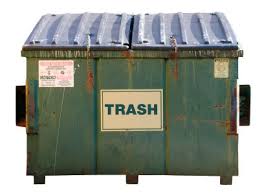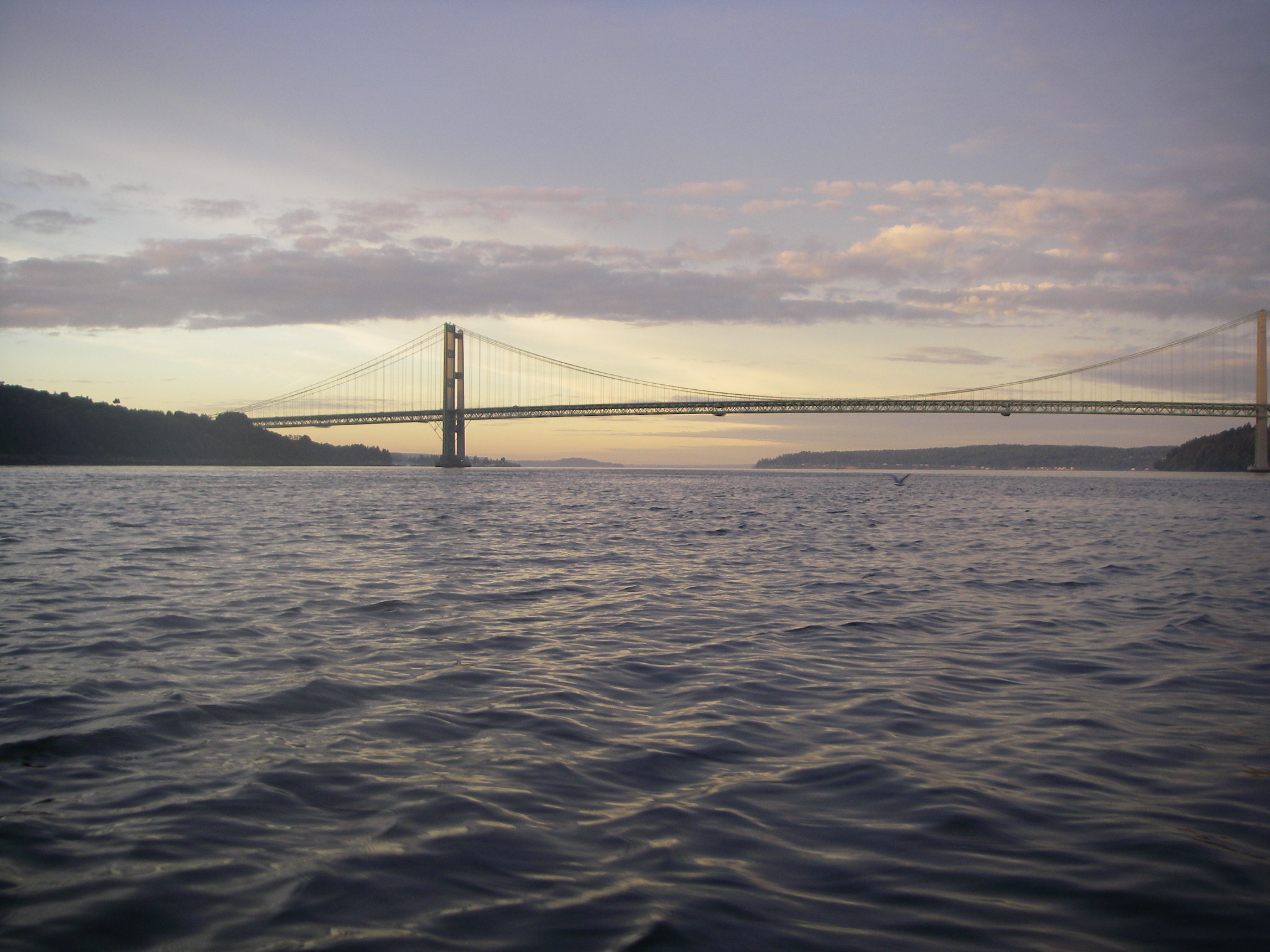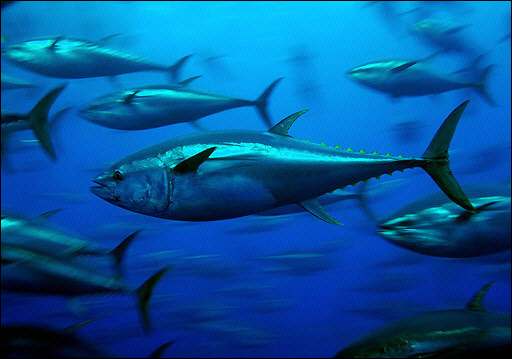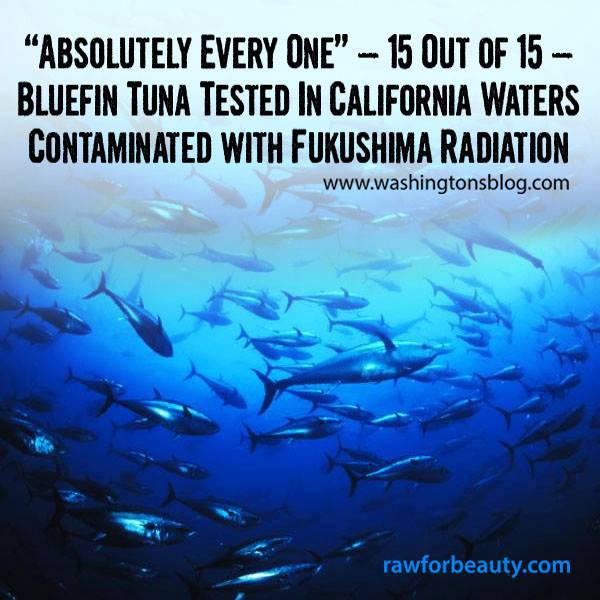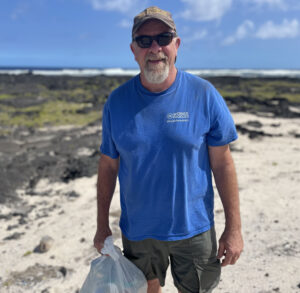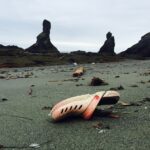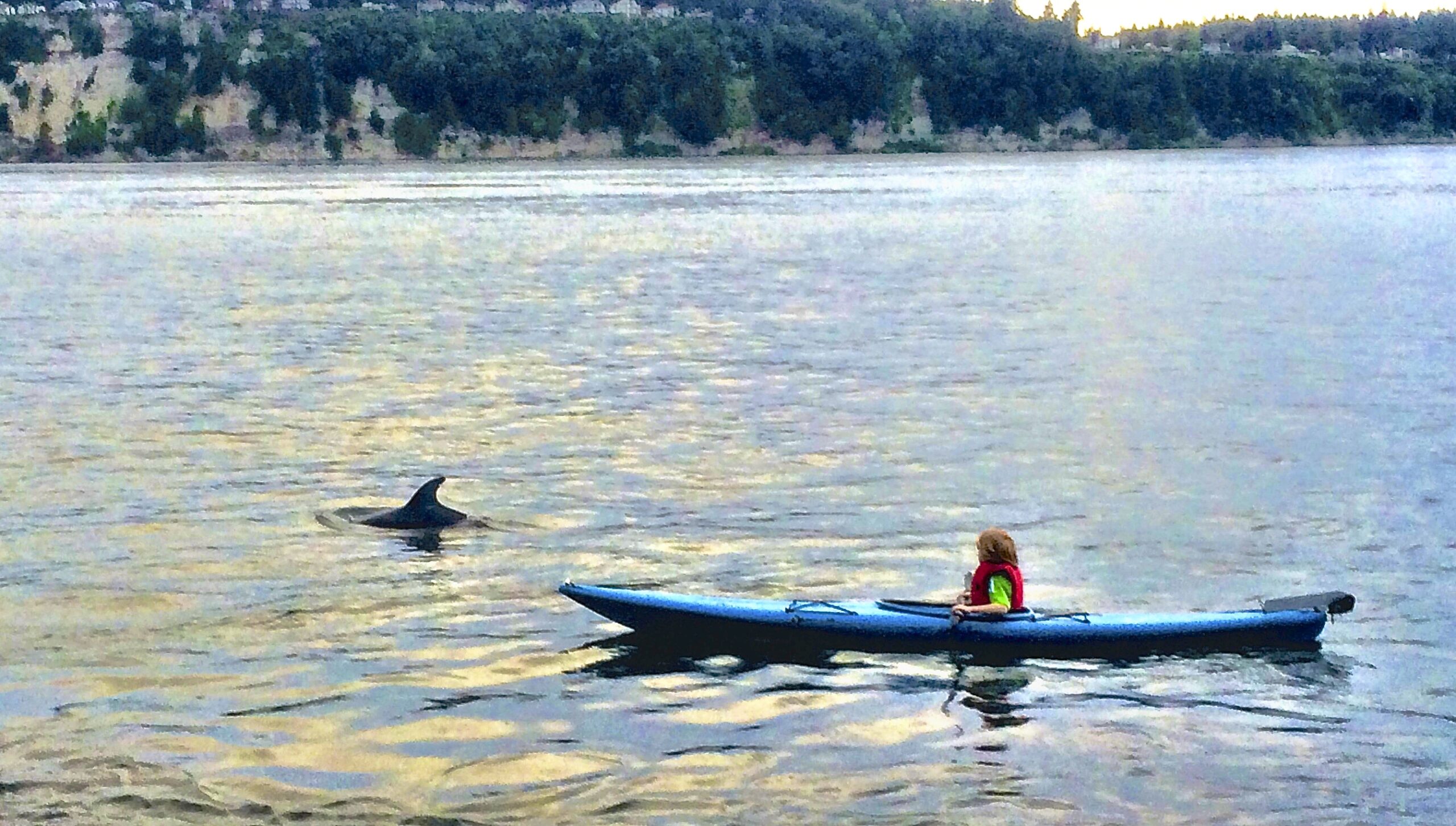It wasn’t as much of a story with this year’s Alaska expedition as it was when we did our surveys on the Washington coast, but we did get a lot of questions early on about whether we were checking debris for evidence of radiation. We were, actually, with a geiger counter we’d brought along with us, but we never found anything interesting. Which is kind of what we expected. Still, not finding any radiation is just as important as finding it; we were able to put the fears of some folks to rest about the matter and hopefully, when it came time to clean up a specific beach, the question of nuclear-related danger wouldn’t be an issue.
Because the meltdown at the Fukushima reactor didn’t happen until days after the mass of tsunami debris had left Japanese waters, the initial expectation was that contaminated debris wouldn’t pose a risk to this side of the Pacific. In addition, because of the vast distance involved and the time it would take for debris to travel from one side of the ocean to the other, the understanding was that even if there was contamination, it would not last long enough to matter.
That story is changing, however. Tuna that have been caught in California waters have been showing evidence of radiation contamination related to the Japanese reactor for the past few months. Bluefin tuna travel great distances, often swimming from one side of the ocean to the other, and some of them are apparently spiced with cesium. Lately, the focus has switched to contaminated water that was used to cool the melted-down reactors; the news is that it is leaking out of its containers and is likely to get to the ocean soon. (If it’s not there already… TEPCO, the company that is responsible for the reactors, has been notorious for understating and obfuscating the dangers associated with their site.)
It’s hard to say what all this means but the signs are not good. The ocean has long been a sink into which we pour our garbage and our “garbage” is getting more and more lethal. We don’t know what we don’t know and, more worrisome, there are far too many people who just plain don’t want to know. But what we don’t know can hurt us, and what we are doing to the oceans is completely unconscionable.
